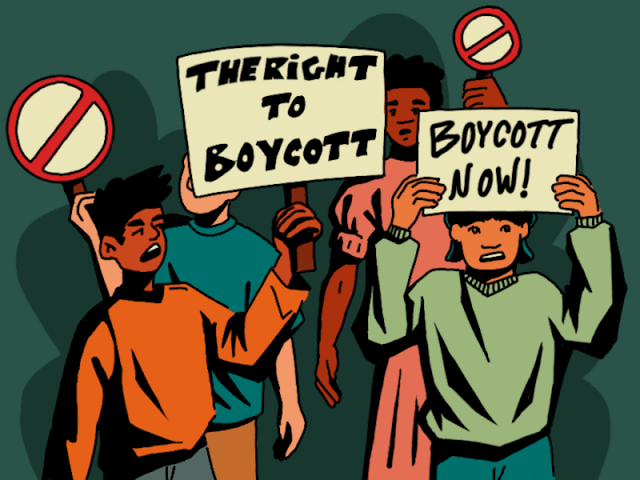n n  n n n n n
n n n n n
The term was adopted into the English language to describe collective action against injustice or unfair treatment, particularly through social or economic exclusion.
n n n n n n
It is quite common for people to use the term ‘boycott’ when they want to describe organised acts of protest where people refuse to engage with a particular company, product, or country as a form of pressure.
n n n n n n
While this is now a globally accepted word, its origin is quite interesting and it all started with a man named Captain Charles Boycott.
n n n n n n
Who was Captain Charles Boycott?
n n n n n n
Captain Charles Boycott was a British land agent way back in the 80s who worked for Lord Erne, a wealthy landowner in Ireland.
n n n n n n
Back then, Ireland was under British rule, and land issues were a source of deep tension between British landlords and Irish tenant farmers. Tenant farmers were often subjected to unfair practices, such as high rent and frequent evictions, especially during times of crop failure or economic hardship.
n n n n n n
Amidst all these, the year 1880 was filled with poor harvests and tenants had no other choice than to ask for rent reductions from their landlords.
n n n n n n
The conflict with Captain Boycott
n n n n n n
In September 1880, tenants on one of Lord Erne’s estates asked for a rent reduction to cope with the failing economy. Captain Boycott, the estate’s agent, refused their request and instead evicted tenants who could not pay. This act was seen as particularly harsh during a time of widespread poverty, and the community decided to take a stand after the advice of a politician – Charles Stewart Parnell.
n n n n n n
Parnell suggested that, rather than resorting to violence, the most effective way to resist unfair treatment was through social ostracism. The tenants and the local community took this advice and began refusing to engage with Captain Boycott in any way. Workers on the estate stopped working in the fields, local shops refused to serve him, and even the local postman would not deliver his mail.
n n n n n n
The spread of the ‘Boycott’
n n n n n n
The isolation of Captain Boycott was so complete that he could not harvest the crops on the estate. Desperate, he called in workers from other parts of Ireland under military escort, but the costs of this measure far exceeded the value of the crops he was trying to save. The event gained significant media attention, and soon, the word “boycott” began to be used in newspapers to describe what was happening to Captain Boycott.
n n n n n n
This form of nonviolent resistance became known as “boycotting,” and it quickly caught on across Ireland and beyond. The term was adopted into the English language to describe collective action against injustice or unfair treatment, particularly through social or economic exclusion.
n n n n n n
Captain Boycott may be long gone today, but his name lives on and not in a good way.
n n n n